Amid a daunting $47 billion deficit, California has earmarked up to $12 million for reparations.
Governor Gavin Newsom signed off on this initiative, highlighting the state’s commitment to address its historical wrongs against Black Californians, despite a long history of inaction at the federal level.
Unpacking the Budget

Governor Newsom’s approval of the $297.9 billion budget, which includes funds for reparations, raises eyebrows and questions alike.
With no specifics on how the funds will be used and no immediate plans for direct payments, Californians are left wondering what comes next.
Steps Toward Righting Wrongs
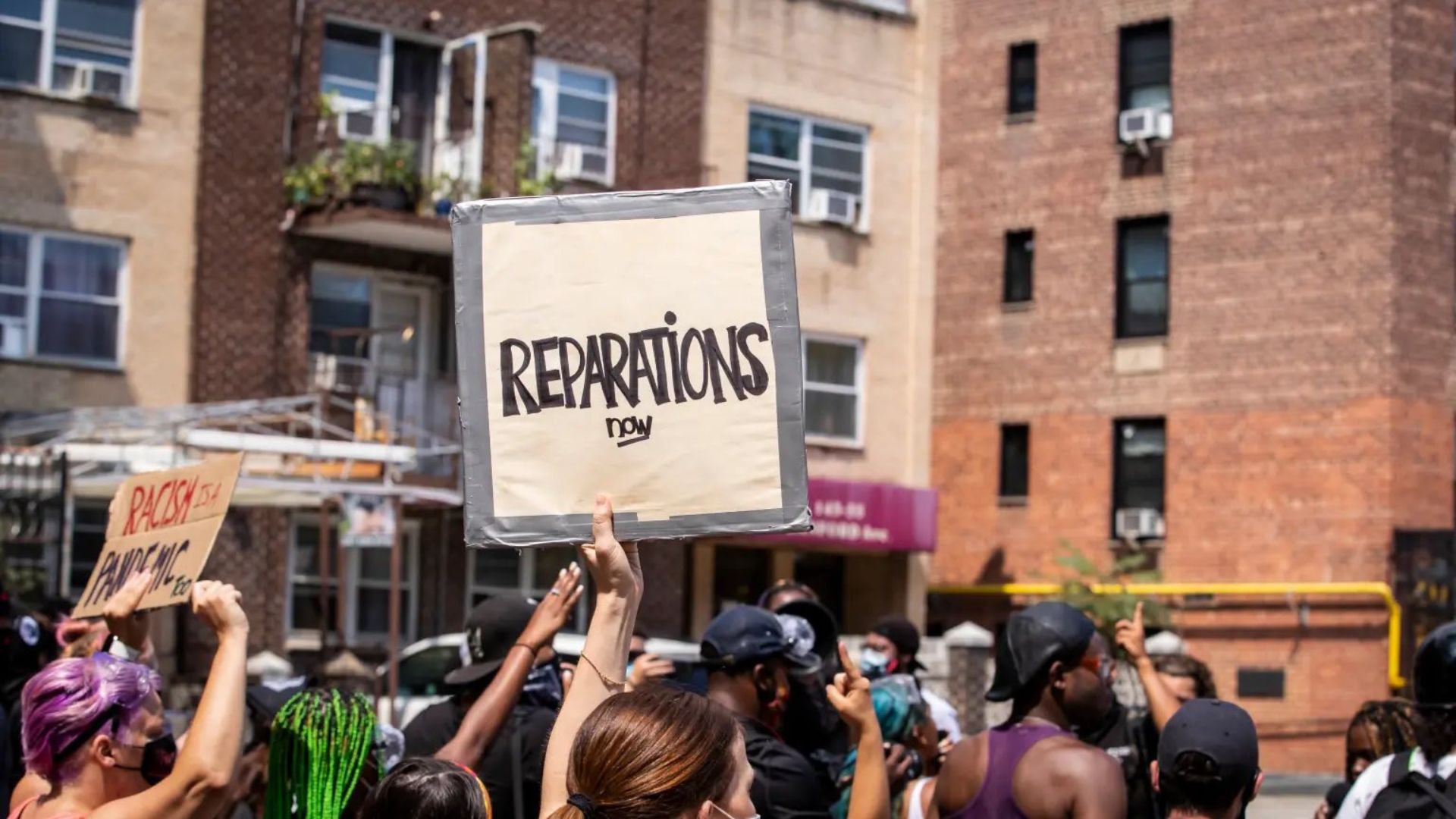
The state’s lawmakers are not just talking; they’re planning.
Current discussions include possibly issuing a formal apology for past discrimination, setting up a reparations agency, and identifying families who lost property through unjust eminent domain.
California Leads, Others Follow
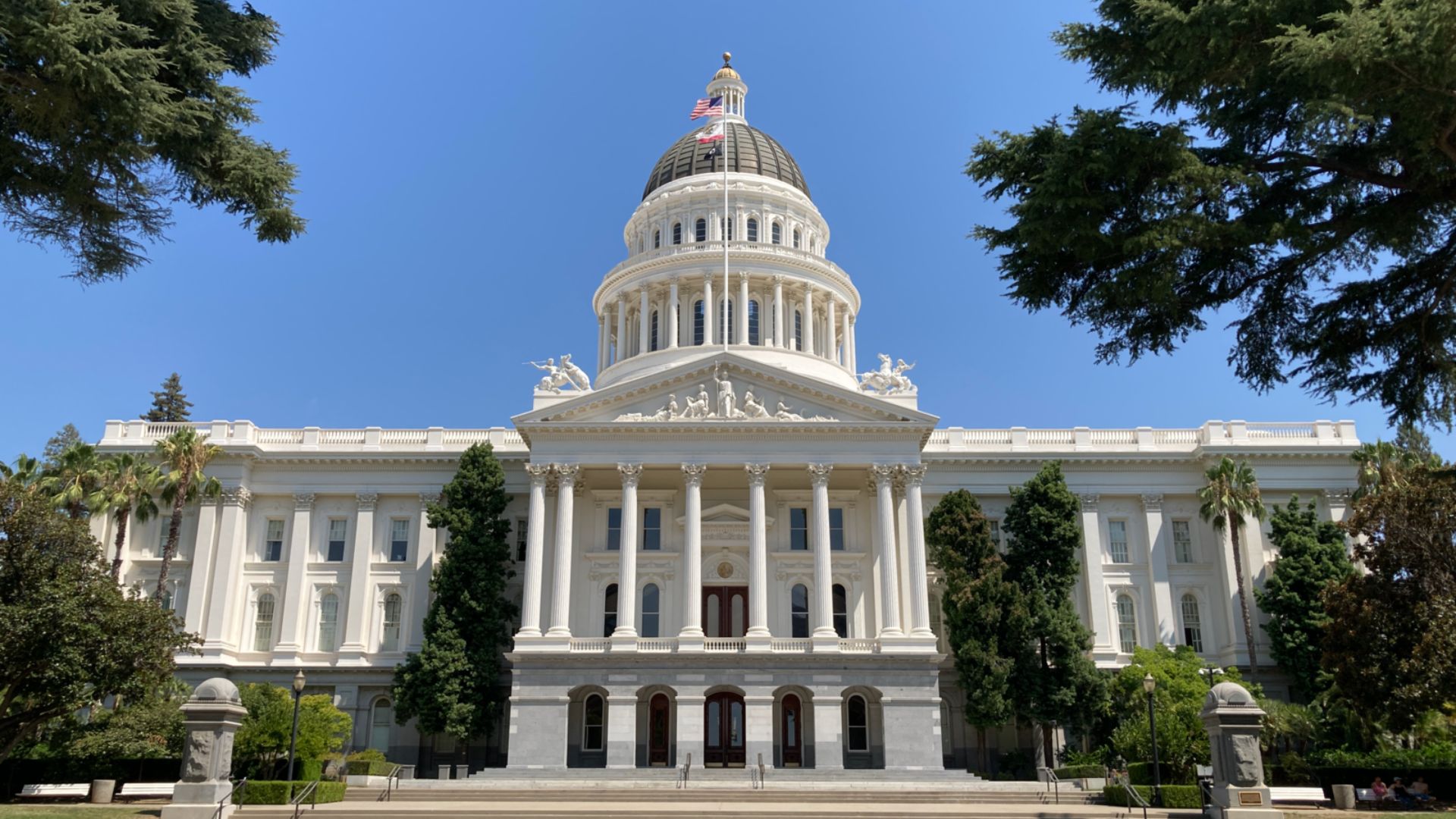
While California pioneers with tangible steps toward reparations, other states are on their own paths.
Illinois and New York are exploring options, while Florida supports descendants of racial violence through educational scholarships—a mosaic of efforts across the nation.
A Divided Opinion
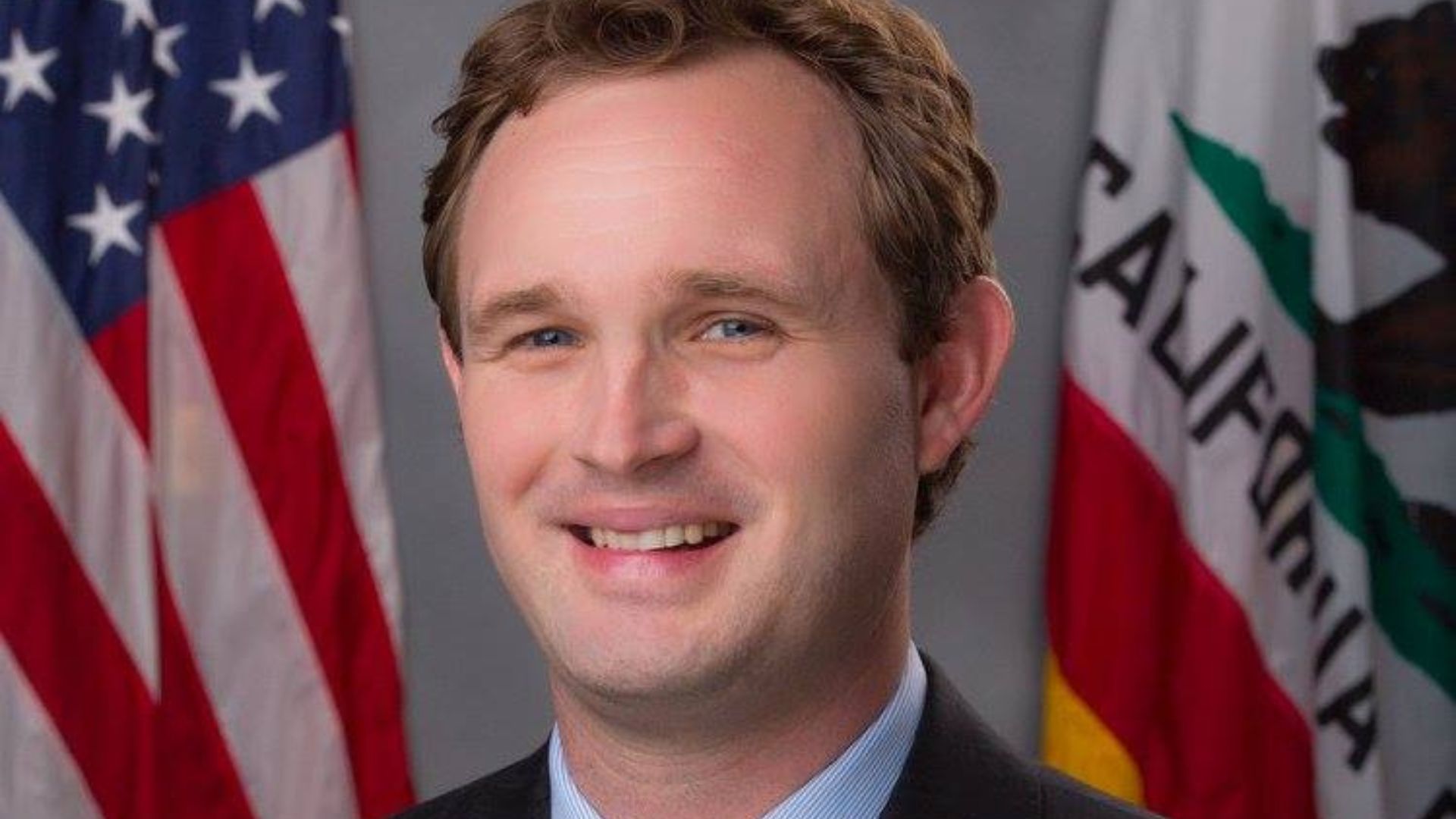
Not everyone agrees with spending on reparations. Assembly Republican Leader James Gallagher sharply critiqued, saying, “Slavery was a stain on our nation’s history, but I don’t believe it’s fair to try to right the wrongs on the past at the expense of the people today who did nothing wrong.”
This reflects a broader debate about responsibility and fairness.
More Needed?
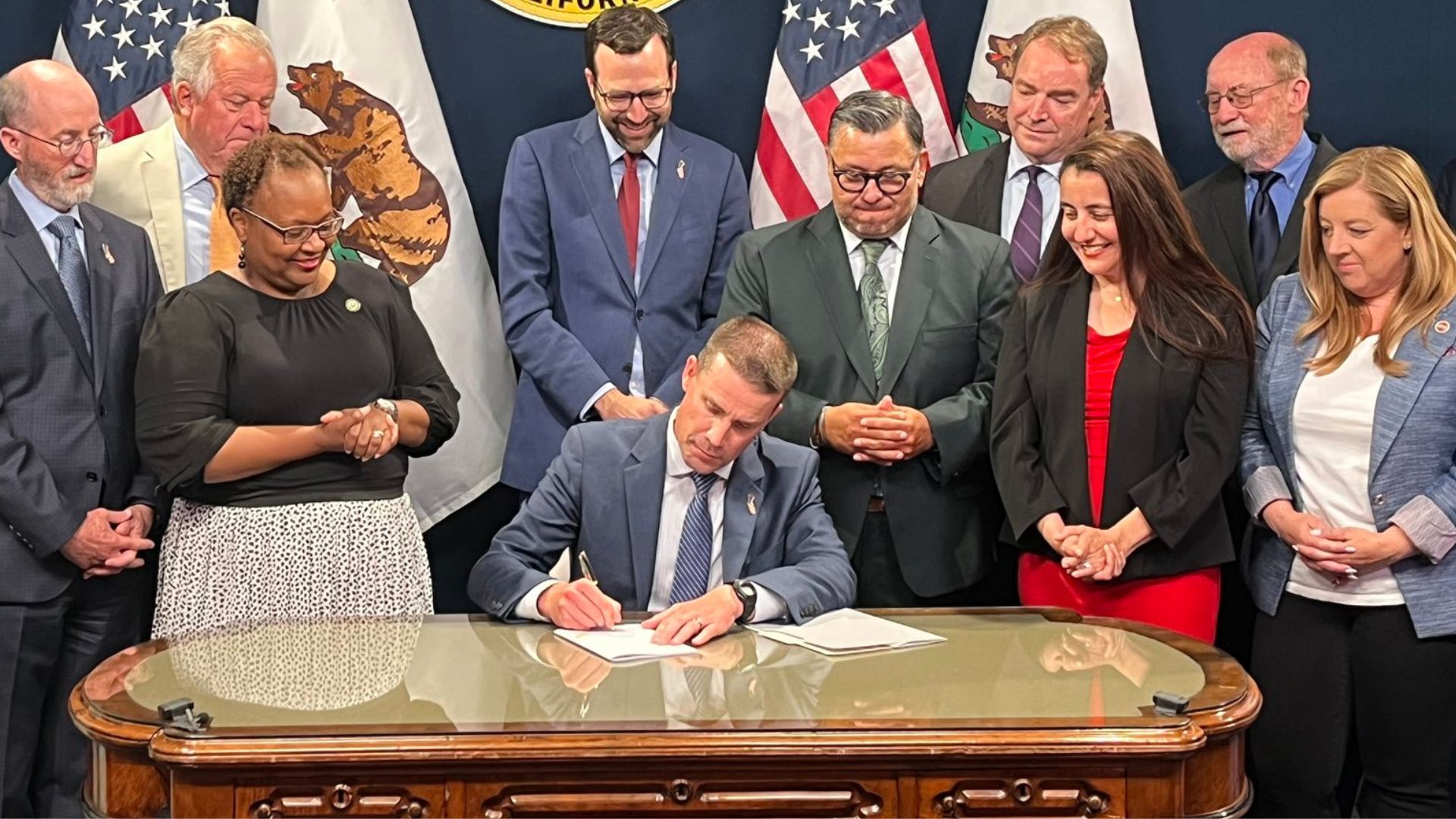
“The $12 million is not nearly enough,” says Senate President Pro Tempore Mike McGuire.
This echoes a sentiment among some officials that while the start is good, much more is needed to genuinely tackle the deep scars of injustice.
Running the Numbers

Maintaining a reparations agency could cost California $3 to $5 million a year.
Not to mention the additional costs of investigating claims about property taken through racial discrimination, which could run into the hundreds of thousands.
Roadblocks in the Legislature

Despite intentions, not all reparative measures are making it through.
Initiatives for tax relief and housing assistance for descendants of enslaved people were stopped in their tracks by legislative committees earlier this year.
Educational Hopes Unmet
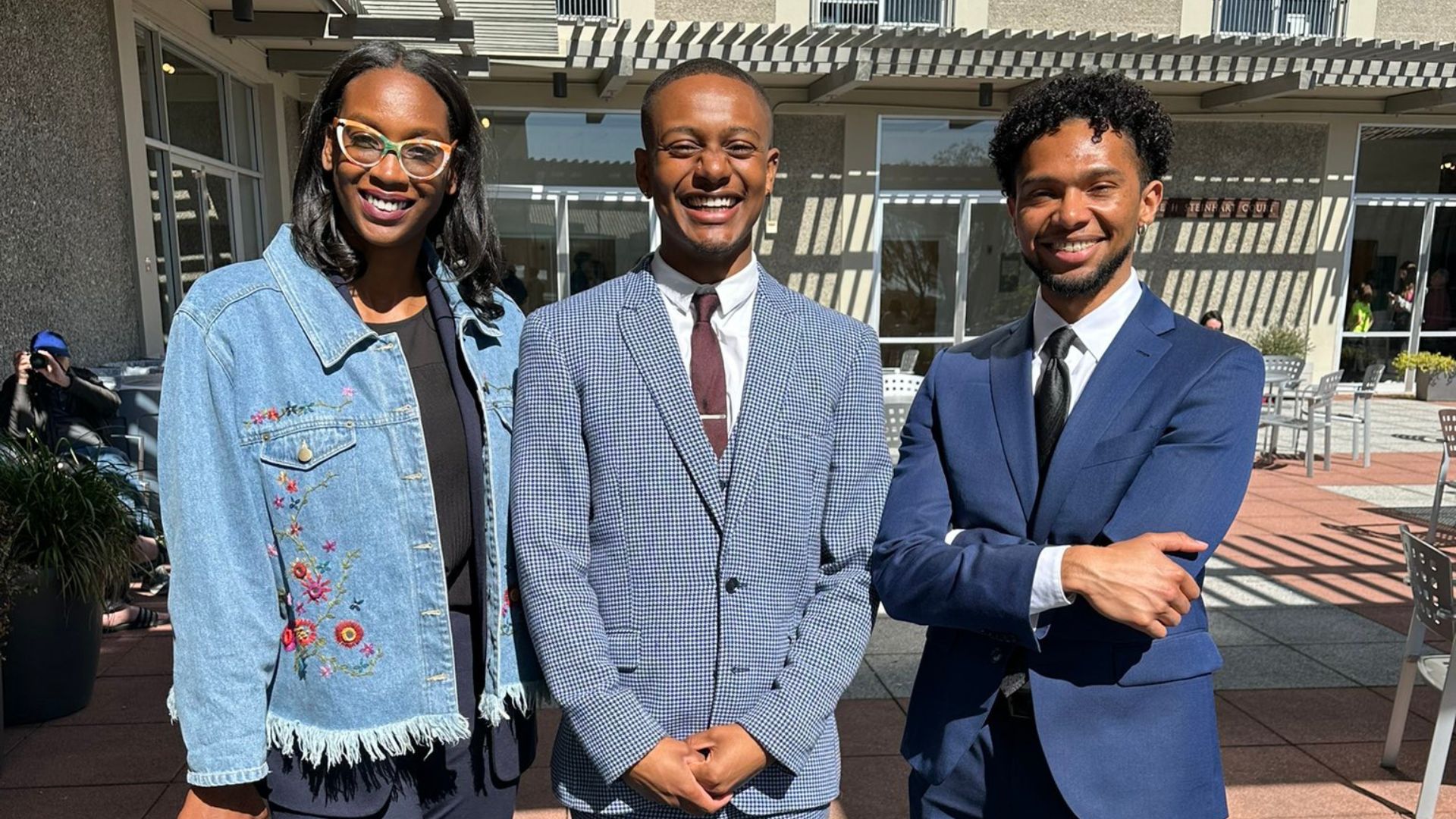
The lack of legislative action on recommended free tuition for descendants of enslaved Black individuals was a disappointment this year, noted Kamilah Moore, chair of the reparations task force.
It was a setback in the educational front of reparative efforts.
A Promising Start
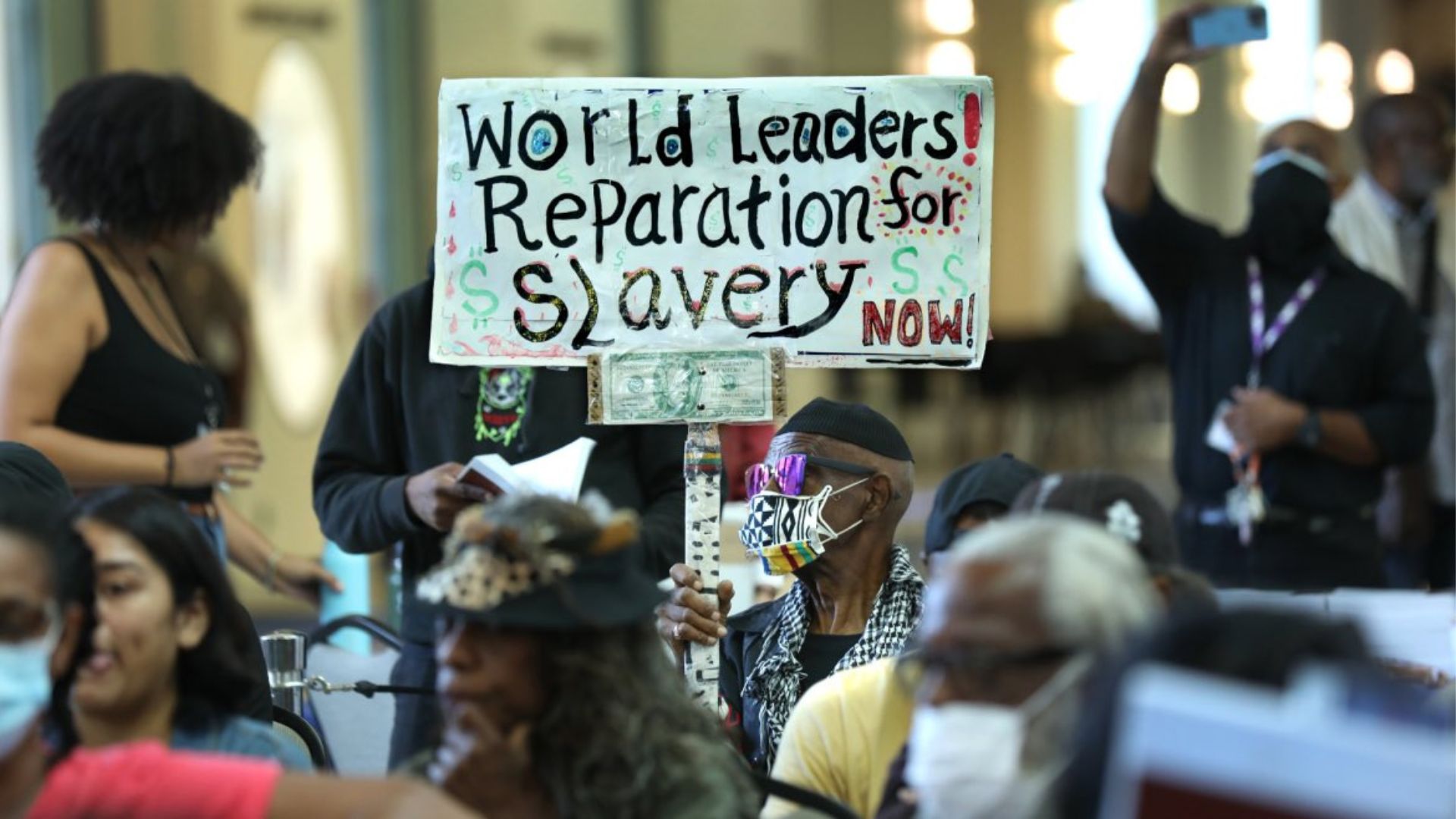
Despite the hurdles, Moore views the $12 million allocation positively, seeing it as “taking accountability and responsibility, and acknowledging the harms and the atrocities to this particular population.”
It’s a significant, albeit initial, step in a long journey toward healing.
Reflecting a Diverse State
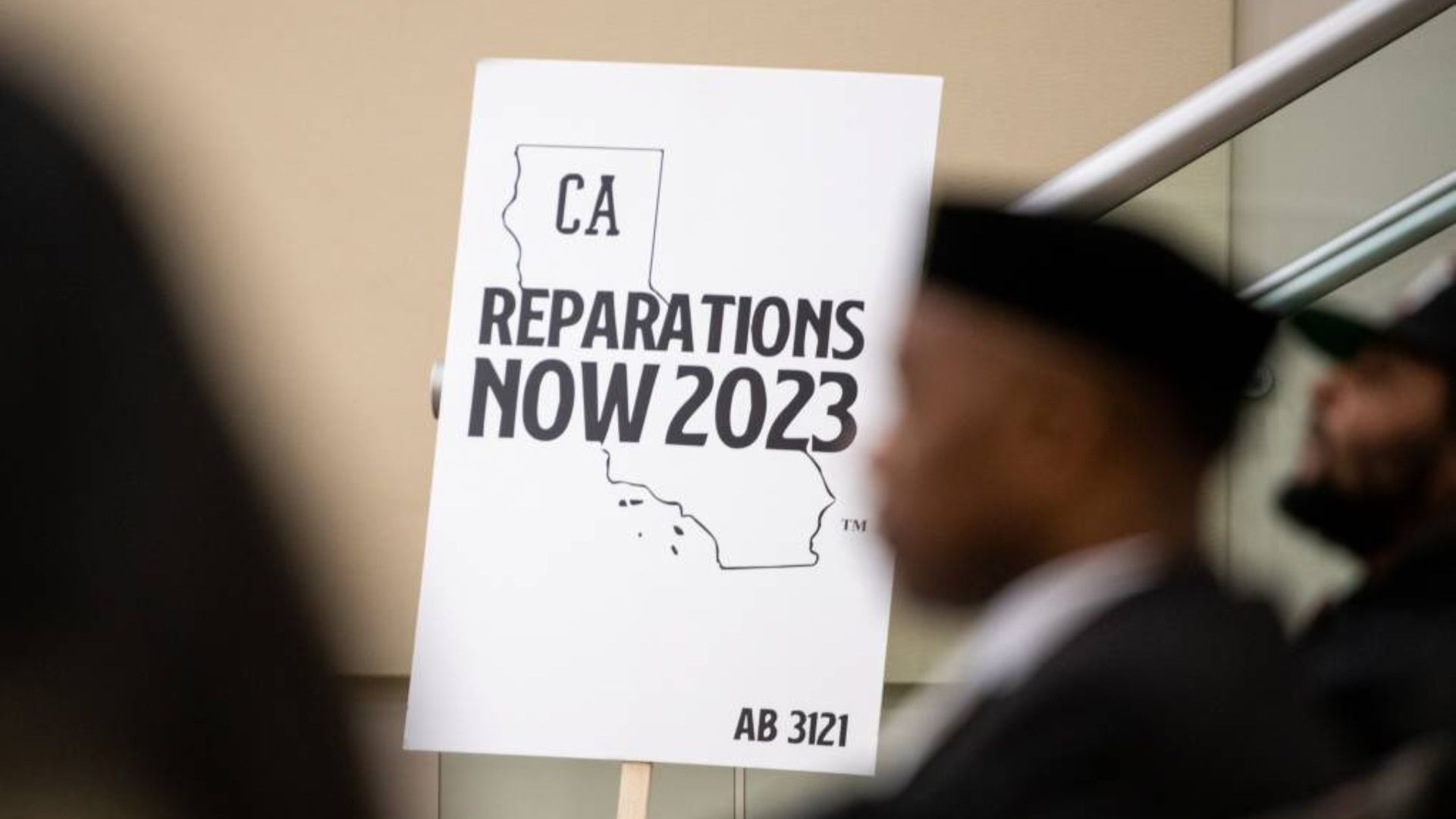
The reparations debate in California mirrors its diverse populace, where many are recent arrivals themselves.
The discourse delves into how a state rich in cultures addresses historical grievances that predate many of its current residents.
Setting a Precedent
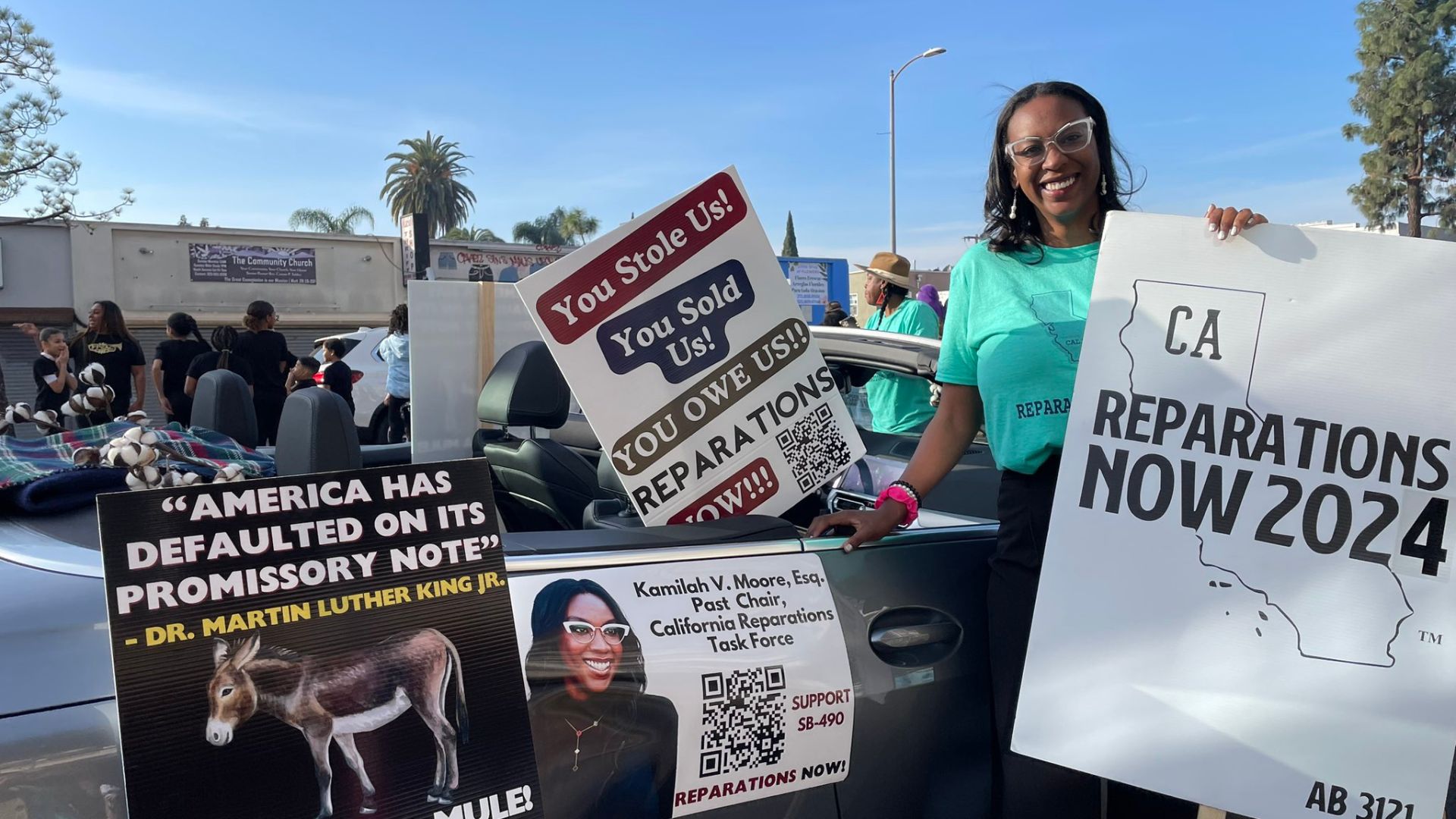
California’s pioneering steps in reparations could well influence broader national policies.
The state’s decisions and their outcomes might just shape how reparations are approached across America, signaling a potential shift in how the country confronts and reconciles with its past.
Push for Reparations

Across the country, the push for reparations has been gaining steam as more people are open to the idea of restitution for the historical enslavement of Black Americans which some feel has created unfair conditions in society.
A 2022 Pew Research Survey found that 55 percent of Black US adults said the legacy of slavery has impacted Black Americans’ position in society a great deal.
Across Political Lines

The survey found that many Black Americans feel this way, with only slight variations for different political affiliations.
54% of conservative Black adults felt this way, along with 51% of moderates and 74% of liberals.
History of Reparations

Although California’s latest effort to pay reparations is new, this is far from the first time a move in this direction has been made.
Last year, the city of Evanston, Illinois approved housing assistance to combat discrimination, and education institutions like Georgetown University have reparations funds set up.
Argument for Reparations

Proponents of reparations argue that setting up Black Americans for success will not only right the wrongs of the past but help the country as a whole.
“The NAACP submits reparations are the first step in repairing the devastation inflicted by slavery and racial discrimination. Ultimately when the Black community as a whole is excelling the country excels,” said the NAACP.
Reparations Proposals
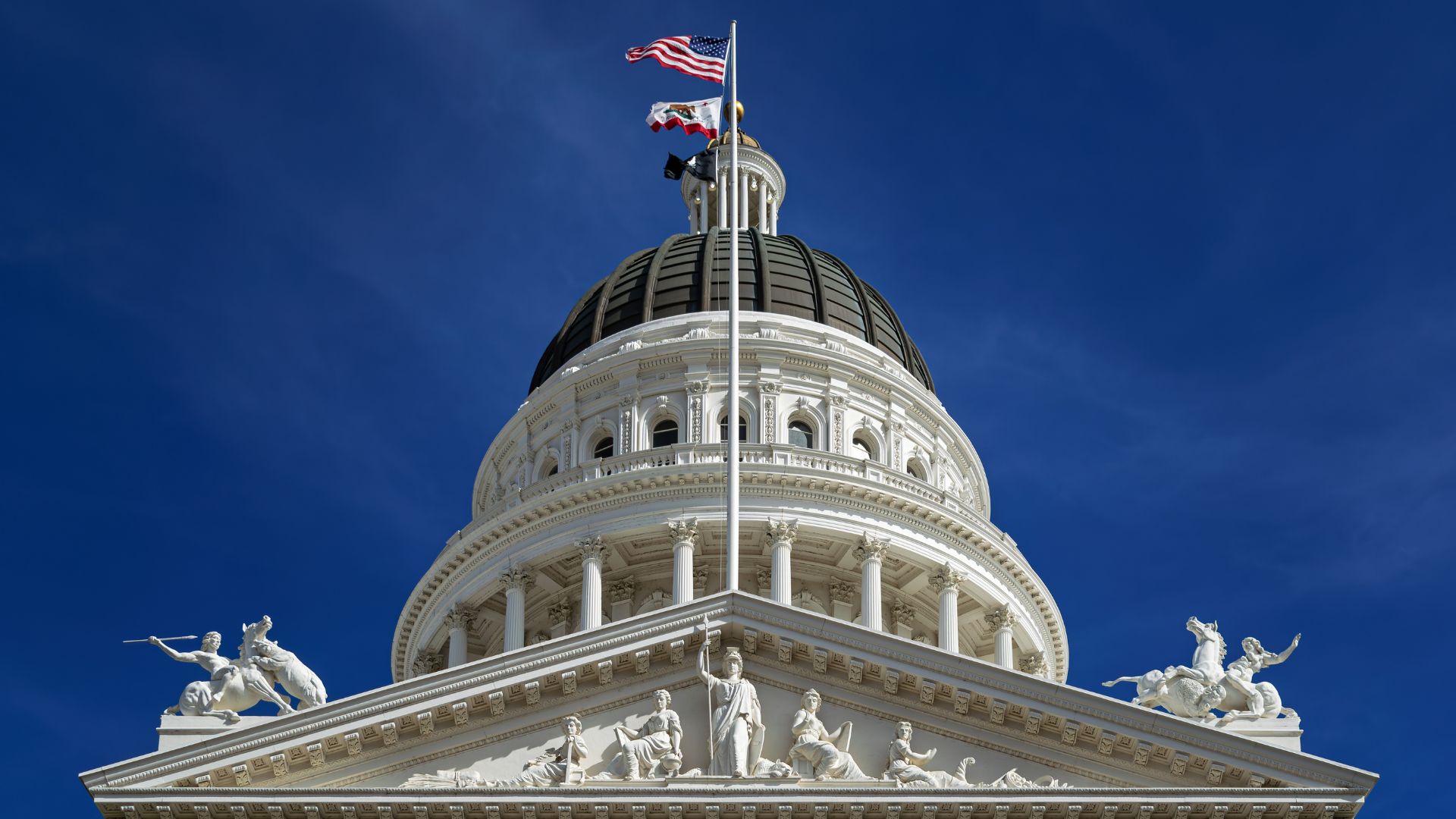
While Democrats’ move to include reparations in the budget negotiation ended up passing, there have been other related proposals argued for in the state. In May, the state senate advanced proposals to help Black American families figure out their eligibility for potential future reparations.
“If you can inherit generational wealth, you can inherit generational debt,” said State Senator Steven Bradford. “Reparations is a debt that’s owed to descendants of slavery.”
Problem of Eligibility
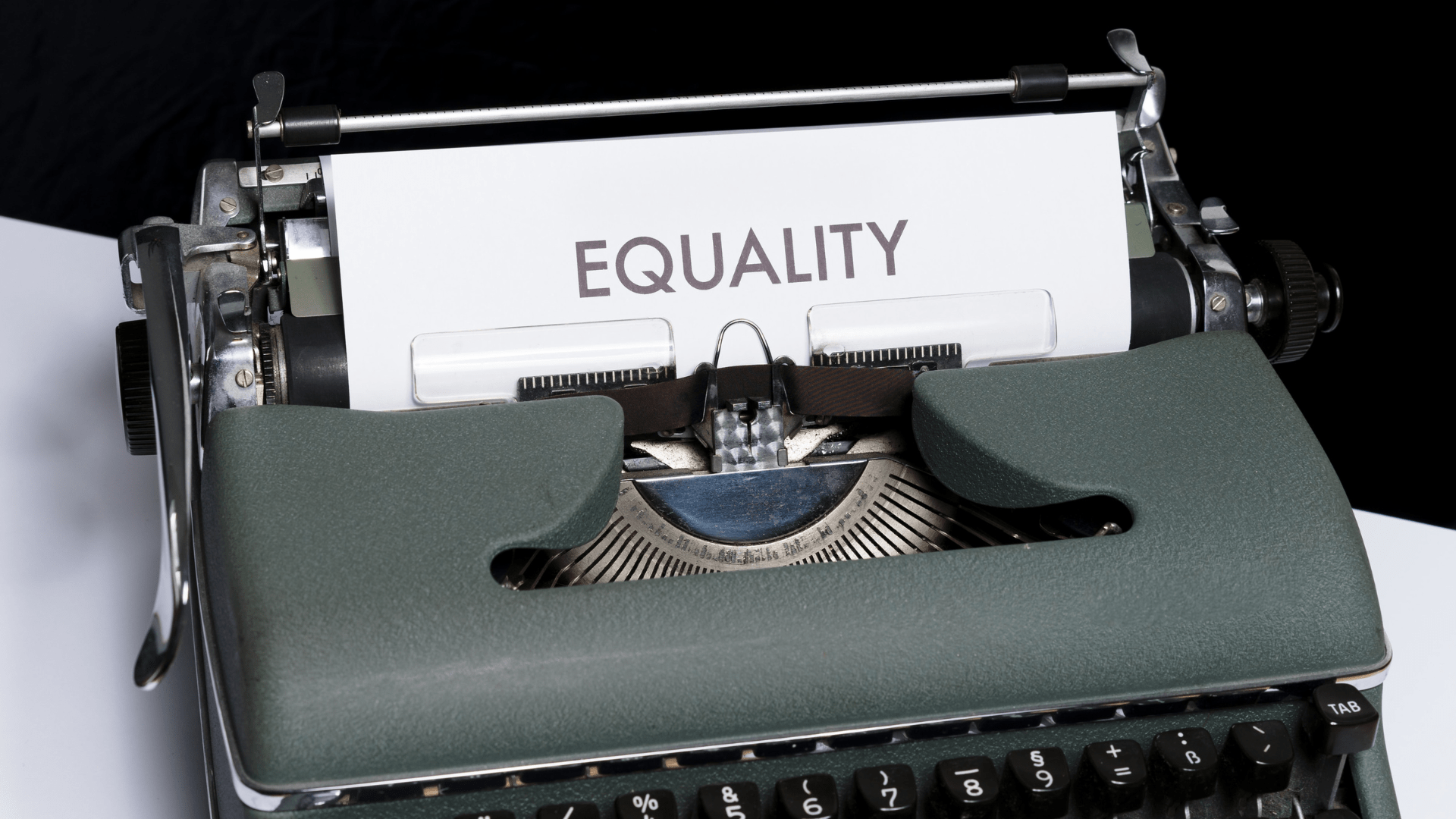
Critics of reparations proposals bring up difficulties in determining eligibility for individuals based on events that happened long ago. The NAACP admits this is a potential issue as well and thinks this can be resolved in a few ways like census data, birth certificates, and people who self-identify as having Black heritage.
“Identification of African-American heritage is both a biological and physical representation of being African-American on a daily basis,” the group says on its website.
Eminent Domain

Proposals for reparations sometimes focus on “eminent domain” that was seized from Black Americans by governments, which opponents think is not the best way to go about things.
“That seems to me to be a bit of an injustice in and of itself,” said Republican Senator Roger Niello, who supports eminent domain in principle but feels it’s unfair that taxpayers across the state should have to pay for what local governments are responsible for.
Cart Before the Horse

The recent reparations proposals that passed the state senate in May were criticized for overpromising results that might be underdelivered.
“It seems to me like they’re putting, number one, the cart before the horse,” said Republican Assemblymember Bill Essayli. “They’re setting up these agencies and frameworks to dispense reparations without actually passing any reparations.”
Rise of Support for Reparations

Americans of different colors have been observed to have increased support for reparations over the decades.
According to the University of Illinois, 67% of Black Americans and 4% of White Americans supported reparations in the year 2000. In 2022, this number had increased to 77% of Black Americans and 18% of White Americans.
Not a Slave State

Some commenters online expressed displeasure with the reparations move by Newsom, insisting that because California wasn’t a slave state, it should be free from obligations.
“This is nothing but a $12 Million bribe to a bunch of consultants to tell Newsom what he wants to hear. Here’s what’ll never come up: California was NEVER a slave state!” said X user Tee Rickey.
California’s Slaves

Technically, when California became a state in 1850, it was admitted to the United States as a “free state.”
However, the area itself has a history of slavery that began under Spanish colonial rule and continued during the gold rush in the 1800s when southerners brought Black slaves with them to work in the goldmines.
Budget Criticism
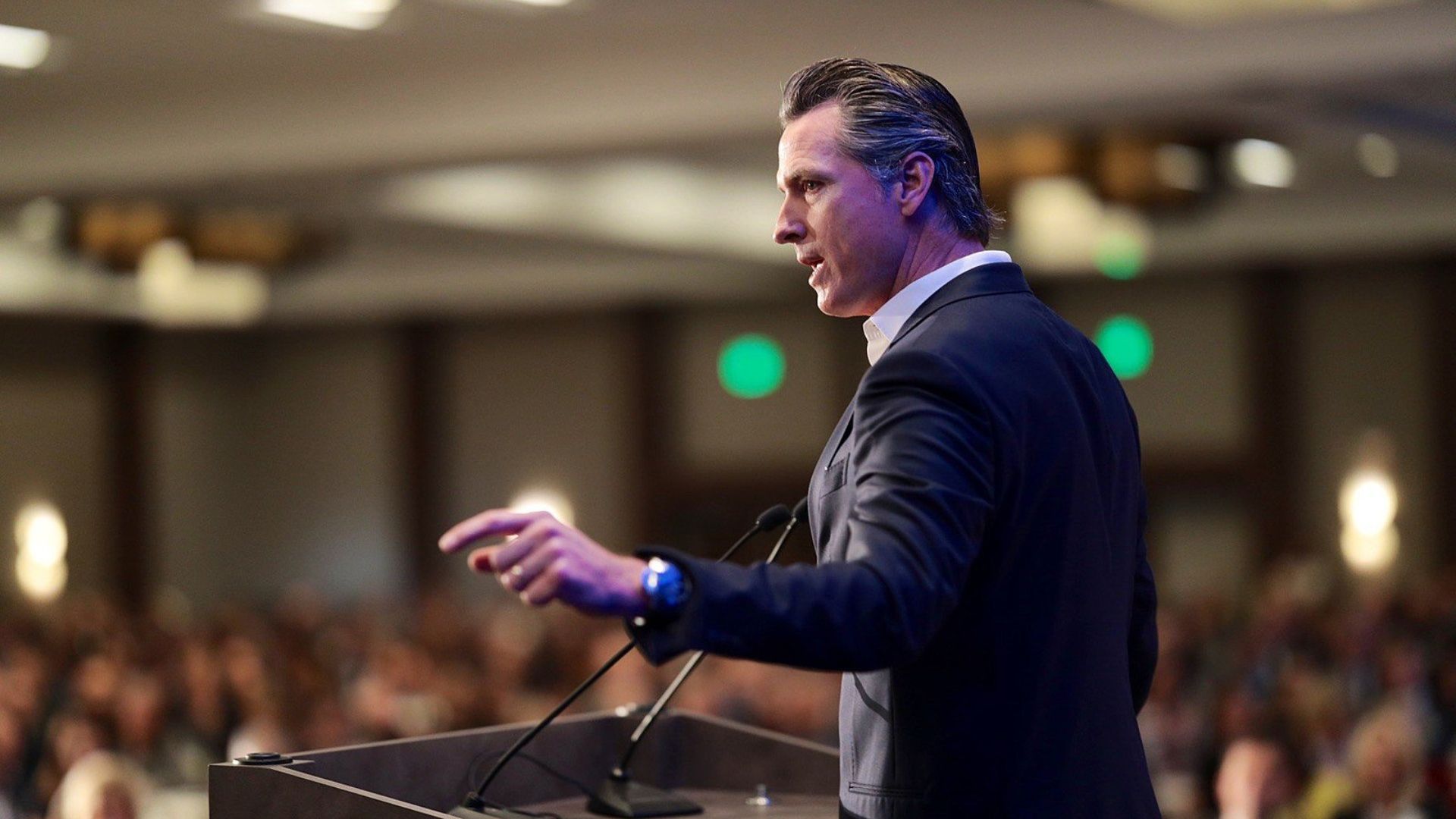
Commenters online were also unhappy with the fact that reparations are being pushed at a time when California had been experiencing a historic budget crisis due to a lack of tax revenue.
“Gavin Newsom: ‘We’re broke!’ Also Gavin Newsom: ‘Here’s $12 million for ‘reparations’ that will go to multiple grifting nonprofits and won’t help the community,’ said one X user.
